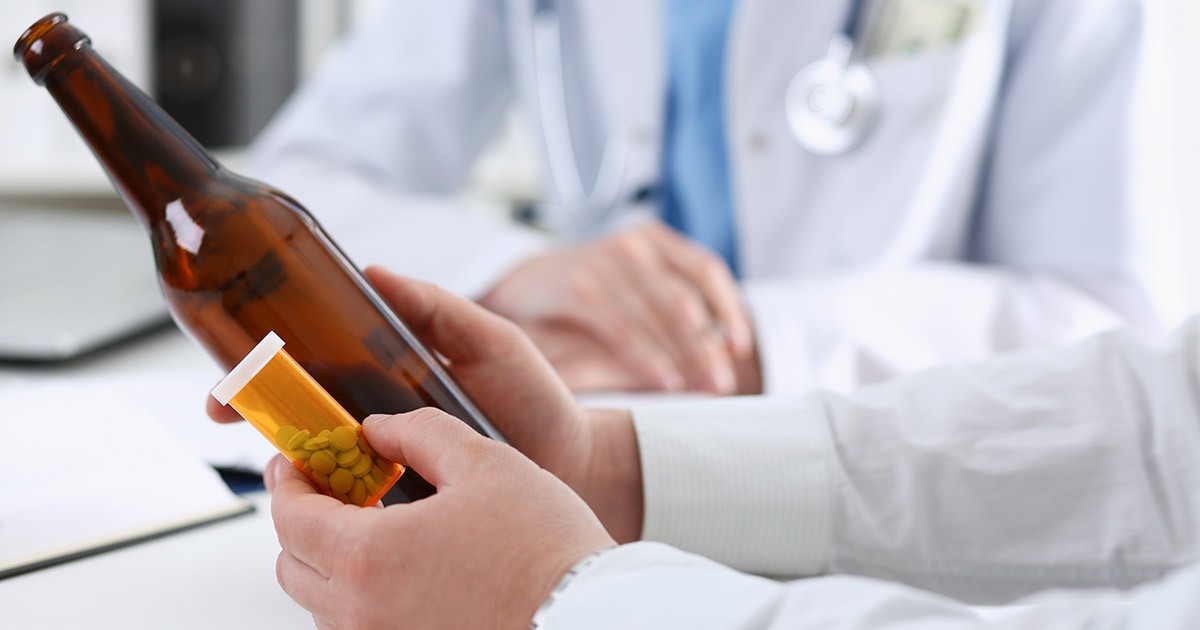What is Detox?

What Is Detox?
Detoxification (commonly referred to as detox) is often the first step in an addiction treatment plan, especially for certain substances such as alcohol or heroin. Detox is the process by which the body rids itself of drugs or alcohol when someone discontinues substance abuse. Our detox centers are available to help people get through this process safely and successfully, and a carefully planned approach to this process promotes overall addiction recovery.
What is Withdrawal?
Withdrawal from drugs or alcohol can be a painful and stressful process. As you develop a pattern of regular substance abuse, the chemistry of your brain is altered. Neurons and hormones are affected by substance abuse. Once the addictive substances are no longer present, your body’s chemistry balance is thrown into confusion.
These alterations can progress to a point where receptors in the brain stop functioning correctly. The resulting neurochemical reactions that happen during withdrawal cause adverse physical symptoms.
Withdrawal effects can include hyperactivity, brain receptor alterations, elevated hormone levels and changes in the glutamate receptors. Blood pressure can rise rapidly or become unstable, and profuse sweating or tremor development can result. Severe nausea and physical pain is also common.
People who attempt to detox alone at home often return to using drugs or alcohol to relieve the discomfort, which is why detoxing in a facility is helpful. Experienced medical staff can help relieve your discomfort by administering medications in an inpatient setting.
Detox by itself is not treatment; it’s just the first step. Individuals who do not receive any further treatment after detox usually resume drug use because it does not address the psychological, social and behavioral problems associated with addiction. If detox is not followed by therapy, it will not usually produce the long-lasting behavioral changes necessary for recovery.
Detox should be followed by a formal assessment and referral to some type of drug addiction treatment. Programs on a residential inpatient, intensive outpatient or supportive outpatient basis are most effective in helping people stay sober after detoxifying. Maintenance medications may also be prescribed for individuals in addiction treatment, helping to relieve any long-term withdrawal symptoms, alleviate cravings and block the effects of alcohol and illicit drug use.
What is Medically Assisted Drug and Alcohol Detox?
Withdrawal is often unpleasant, but quitting certain substances such as alcohol or benzodiazepines can be dangerous or even deadly. If you are addicted to these substances, the best—and safest—course of action is to go through a medically assisted detox.
In medically assisted detox, medical personnel supervises patients around the clock. Depending on the nature of your addiction, detox staff may administer medications that ease withdrawal symptoms and control cravings. Some of these medications mimic the effects of the substance on the body in order to prevent withdrawal and are administered in gradually decreasing doses.
What Happens During Detox?
Detox is not a one-size-fits-all program. At a high-quality detox center, the process begins with a conversation between you and detox experts who help you understand what to expect during detox.
After you check in and complete paperwork, you’ll be assigned to a room. During your stay, you’ll frequently meet with your treatment counselors and medical staff, and you’ll be given plenty of time to rest while your body adjusts to functioning without substances. The detox process can vary and is tailored to each person’s individual situation.
The three steps of a medical detox process are an evaluation, stabilization, and guidance into treatment.
- Evaluation – First, you are tested to see which substances are present in the body and in what quantities. The medical staff also examines you for any co-existing physical disorders and mental health issues.
- Stabilization – Next, you go through the process of detoxification, supervised by treatment center staff. Prescribed medications are used to keep you comfortable and safe. The next steps of treatment are also introduced, providing an overview of what the recovery process involves.
- Guidance into treatment – The last step of detoxification is preparing you to enter the addiction treatment process. The medical detox process only deals with the physical dependency and addiction to drugs; it doesn’t address the psychological aspects of drug addiction. Drug rehabilitation programs are needed to deal with the psychological aspects.
Do I need Detox?
Whether you would benefit from detox before beginning therapy depends on several factors, including the length and intensity of your addiction, the substances you use and your most recent usage. The only way to find out whether you need detox is to get a personalized assessment from an addiction specialist. If you’re unsure whether you need detox, contact Extra Mile Recovery today. Our compassionate admissions advisers can help you determine how best to proceed in your journey to recovery.
